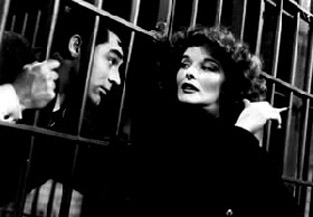|
|
A-List: Unpopular OpinionsBy Josh SpiegelJuly 22, 2010
Nashville In the category of filmmakers I am supposed to like but just can’t, the number-one candidate has to be Robert Altman. On the one hand, you could argue that if Altman hadn’t made films like Nashville, we wouldn’t have Paul Thomas Anderson’s masterpieces Boogie Nights and Magnolia. There’s no question that Anderson is a major fan of the late director, having gone so far as to provide uncredited help on Altman’s final film, A Prairie Home Companion. But every single film of Altman’s that I’ve seen (and, being fair, I’ve still not seen MASH or McCabe and Mrs. Miller, movies I do want to see) has either bored me to tears or made me want to throw something at the screen. Nashville, widely lauded as his masterpiece from 1975, got both reactions. Set in the titular city on the day of a political convention, Altman gives us plenty of characters and little stories, but no momentum or interest. What bored me was just that; unlike Anderson’s 1990s-era Altmanesque films, Nashville has no movement. It’s a lengthy film that lies there, jumping from character to character with no purpose or fluidity. What made me want to throw something at the screen was the constant attempt at humor in the form of the British journalist played by Geraldine Chaplin. Chaplin’s character is meant to be a stuffy, know-nothing writer who searches for meaning and deep thought in the silliest places, including a junkyard. What’s the point of the joke, aside from pointing and laughing at a foolish member of the media? I have no idea. Is her character in the film for a reason? Aside from trying to show me a window into the human experience and failing, probably not. Altman is very ambitious in his filmmaking, but his style puts me at arm’s length, never able to embrace the emotions the characters feel. I wish I felt differently, but I don’t.
|

|
|
|

|
Sunday, May 5, 2024
© 2024 Box Office Prophets, a division of One Of Us, Inc.


